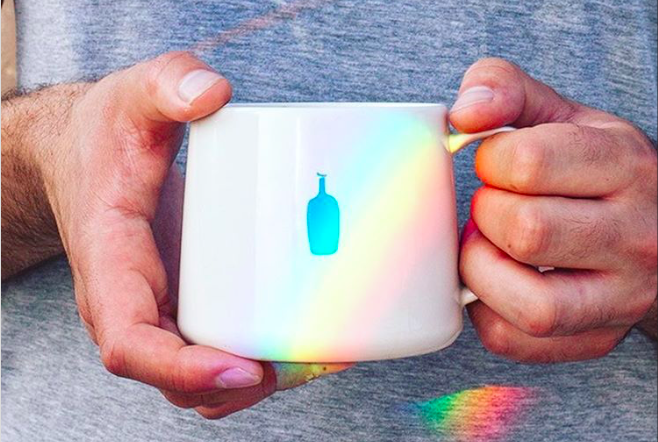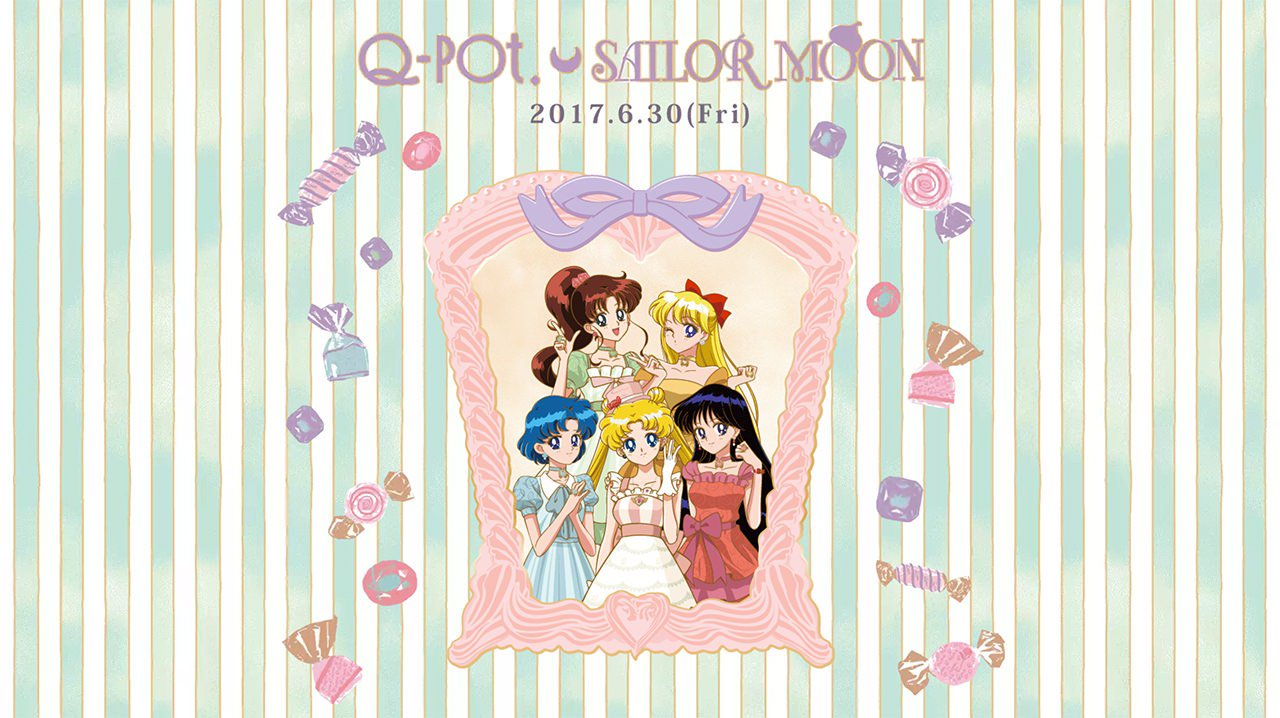How did coffee change from a niche product to a crazy money-making explosive?
Recently, coffee culture has begun to sweep across China, whether it is coffee shops that can be seen everywhere in the streets, coffee available in any convenience store, and instant coffee everywhere on supermarket shelves. So why can coffee shops tenaciously resist the impact of e-commerce and become the business model that really defeats Jack Ma?
Coffee has always appeared in the form of imported products in China. In the long time from the Opium War to the beginning of reform and opening up, coffee appeared in China, but it was restricted by China's strong tea culture. In fact, the popularization rate of coffee has not been high.
But in recent years, coffee sales in China have grown by leaps and bounds, with coffee consumption rising from 199000 bags to 1.1 million bags from 1998 to 2012, an annual growth rate of about 12.8 percent, according to data released by Zhiyan Consulting. The total population of our country is about 1.3 billion, and the per capita coffee consumption has increased from 9.6g to 47.6g, with an average annual growth rate of about 12.1%. If the growth rate of 12.8% is maintained, China's coffee consumption will reach 2.8 million bags by 2020, and coffee has become one of the most popular drinks in China.
Cafes that used to be affordable only to high-end business people have been opened all over China, and both green Starbucks and red Costa have become popular. Take Starbucks, the hegemon of the coffee industry, as an example. Starbucks has grown from an unknown community coffee shop to a global coffee shop chain with 25000 stores. According to Starbucks' financial report, in 2016, Starbucks added a staggering 981 new stores in China. China has become one of the most important markets for Starbucks after the United States.
Today, let's talk about how coffee has changed from a niche product to a crazy money-making blockbuster.

First, how is coffee culture successful?
Since ancient times, China has been a place where tea culture prevails. We have Lu Yu, who is called the tea saint, and have ten famous teas all over the world. even in the Chinese people's most traditional so-called opening seven things: firewood, rice, oil, salt, soy sauce and vinegar tea. However, now the splendid teahouse in Lao she's novels has become a rare thing, on the contrary, imported coffee has become an explosive product that blossoms everywhere and grabs money everywhere. It is even said that brick-and-mortar business has been impacted by Jack Ma, but the momentum of the opening of cafes has not diminished. Today we are going to talk about how the cafe culture took root and made a fortune in a foreign country like China.
As Han wrote at the beginning, coffee has been brought into China in bulk by foreigners since the Opium War in 1840, but this bitter drink requires not only sugar but also milk, which is more inconvenient than traditional Chinese tea. Therefore, coffee as a beverage has not achieved a major breakthrough for quite a long time, but since the reform and opening up, coffee has made great progress in China, especially in recent years. Not only international well-known brands such as Starbucks and Costa, but also convenience stores such as the whole family, 711 and Hestol have become fans of coffee. How do these so-called "American sand counties" make so much money in China? After summary and analysis, Han believes that coffee culture prevails in China for the following reasons:
One is the psychological trouble of showing off in the eyes of the Chinese people. At the beginning of reform and opening up, drinking coffee was a very expensive consumption. In the 1980s and 1990s, inviting people to have a cup of coffee was definitely a kind of high-end consumption and a behavior with much face. And the rise of the post-80s and post-90s also holds a rebellious attitude towards traditional culture. In their view, drinking coffee is a way of life that boasts that they are different, coupled with the popularity of social media such as Wechat and Weibo, which makes drinking coffee a more ostentatious function. You will see a very strange phenomenon. Middle-aged people who drink coffee in a coffee shop will post a circle of friends, indicating that they have invited friends to drink coffee. Young people also like to drink coffee and post on moments, saying that they drank a cup of Starbucks today. Even, Brother Han once came across that he went shopping with a friend and had a cup of Starbucks when he was tired. Then when he walked out of Starbucks, the friend suddenly patted his thigh and jumped brother Han. The friend said, "shit, I just forgot to take a picture. This cup of Starbucks drank for nothing." this reflects from the side the mentality of some friends in drinking coffee.
The second is the psychological identity of the cafe as the "third space". Brother Han has been in the market for a period of time, and the biggest feeling of running the market is that there are many projects, and a lot of business is produced by communication. However, we often haunt the occasion, at home is too private, non-close friends are rarely invited to the home as a guest. And in the office is too formal, people are very stiff and uncomfortable, and say the table? Eating not only takes a long time, but also costs too much, and the chat is often not enjoyable, because when there is food, people often patronize the food, and after eating, they are not in the mood to talk about leftovers. At this time, whether you are in sales or business negotiations, inviting someone to have a cup of coffee is not only a relaxed environment, but also the price is relatively low. Even if three or five friends go out, they also need a place to sit down and share the joys and sorrows of life. At this time, the coffee shop is undoubtedly the best choice. The cafes such as Starbucks and Costa focus on the third space besides the office and home, and the psychological identity brought by this third space is getting deeper and deeper.
The third is not to be a big name, but to be a community. Recently, there have been a lot of articles saying that you think that high-end Starbucks is nothing more than "Shaxian snacks of the United States". Indeed, to Han's surprise, coffee shops such as Starbucks, Costa and Pacific have never defined themselves as high-end brands, and they are really doing "Shaxian snacks"-style community shops, and seldom see advertisements for coffee shops in the news media. But everyone who drinks Starbucks or Costa uses Wechat or Weibo to advertise for them. These coffee shops are more and more like community shops, but it is this kind of people-friendly community shops that make them successful.
The above three points make the cafe one of the most successful offline cases in the Internet era in China. Even the so-called Internet entrepreneurship in Zhongguancun Entrepreneurship Street starts with places like 3W Cafe. Coffee culture has thus become the money-grabbing culture of this era.

Second, what does the success of cafes mean to making money?
In the Internet era, the so-called "Ma Yun after an inch of grass," many brick-and-mortar stores, whether large department stores or small supermarkets are mercilessly cleaned by e-commerce, behind this cleaning, it seems that no one can survive. Brother Han once said, convenience stores may survive, so is there really no way except convenience stores?
Now look at the success of coffee enterprises, in fact, there is no way, this method is in these humble cafes. Brother Han summed up this as a coffee shop-style experience economy. Although e-commerce can replace most standardized products and merchants, there is one thing that e-commerce can never replace, and that is the shopping experience. This is why no matter how popular e-commerce is, pedestrian streets everywhere are still crowded, because for girls, she does not care about what she buys, but about the feeling of shopping. Similarly, the coffee shop-style experience economy is the same: cafes do not sell coffee, but people's unique experience of coffee.
So what can traditional companies learn to make money from cafes?
One is the sensual experience and enjoyment. I don't know if you have noticed, but each cafe seems to have a very special visual impact, with a petty bourgeoisie atmosphere that attracts most young people. In the sense of hearing, there is melodious light music and comfortable wooden furniture and cloth cushions in the sense of touch. There are fragrant coffee beans in the sense of taste to ensure the aroma of the coffee. These sensory experiences can immerse consumers in them, and when our homogenized goods are replaced by Taobao, can we consider bringing a good shopping experience to consumers? when the experience is good, we will be able to achieve business development.
The second is to relax the emotional experience. For a long time, Han has been emphasizing the finance of the scene and the importance of the scene. The success of the cafe provides a third space for everyone to enjoy, talk and laugh, and rest, and gives everyone an occasion to organize their mood. When you can give consumers living space, when you can let everyone relax, you have the possibility to beat the Internet. For example, the model of Eslite Bookstore is a mode that allows everyone to relax.
The third is the stimulation of thinking experience. I don't know if you have a feeling that when you can calm down, you will be willing to think, when the cafe creates a good atmosphere, you will be willing to think, and even willing to participate in the interaction of the cafe. In fact, for traditional enterprises, most enterprises have empty so-called membership cards, but there are no real members, because members are individuals formed by the identification of your corporate culture. How to make members willing to identify with you this enterprise, willing to participate in the interaction of your enterprise, in order to really let the enterprise develop.
In the Internet era, the scene is the king, the experience is the king, and the cafe-style experience can be realized, which will be a way for traditional enterprises to break through the e-commerce cage and survive.

Author: SUNING Institute of Finance Special researcher, financial columnist, financial commentator.
Important Notice :
前街咖啡 FrontStreet Coffee has moved to new addredd:
FrontStreet Coffee Address: 315,Donghua East Road,GuangZhou
Tel:020 38364473
- Prev

[blue bottle Coffee Blue Bottle] Tokyo must go to the boutique coffee world of pilgrimage Apple
Exchange of professional baristas Please follow the coffee workshop (Wechat official account cafe_style) the so-called boutique coffee world Apple Blue Bottle Coffee is a must-visit shop for many coffee fans when they come to Tokyo. Since Blue Bottle Coffee Japan opened its first branch in Qingcheng Baihe in 2015, it has triggered the third wave of coffee craze in Tokyo, and more and more independent travelers will visit Japan.
- Next

Destroy you on behalf of the moon! "Beautiful Girl Warriors" themed coffee shop Open.
Professional barista exchange please follow the coffee workshop (Wechat official account cafe_style) the beautiful girl warrior is here! Q-pot CAFE, located in Bei Aoyama, Tokyo, Japan, began to launch a "limited period" themed coffee shop in cooperation with the pretty Girl Warriors on June 30 this year. This period limit will be divided into two stages, June 30 to July 25 is the first stage; 7
Related
- What documents do you need to go through to open a coffee shop? coffee shop coffee shop certificate processing process
- How to purchase Coffee beans in small Cafe how to choose a suitable supplier for domestic Coffee supply Company
- How to drink Starbucks Fragrance White Coffee? how to make Australian White Coffee? what Italian coffee beans are recommended?
- The Story of Flora Coffee: the name of Flora Coffee Bean and the implication of the Flowers on Florna Coffee
- How much does a cup of coffee cost? How much is the profit of a cup of coffee? What is the profit of the coffee shop in a year?
- Yunnan small Coffee, known as "fragrant Coffee", introduces the characteristics of Alpine Arabica Coffee producing areas in Yunnan, China
- 2023 latest Starbucks full menu price list how much is a cup of Starbucks coffee what is better to drink the most popular hot and cold drinks recommended
- Starbucks different kinds of Coffee Price list Starbucks menu 2023 Top Ten Best drinks in Starbucks
- Starbucks Spring praise Comprehensive matching Coffee Bean theme Story Packaging implication and taste description
- The cost of a cup of coffee latte American coffee cost price and selling price

